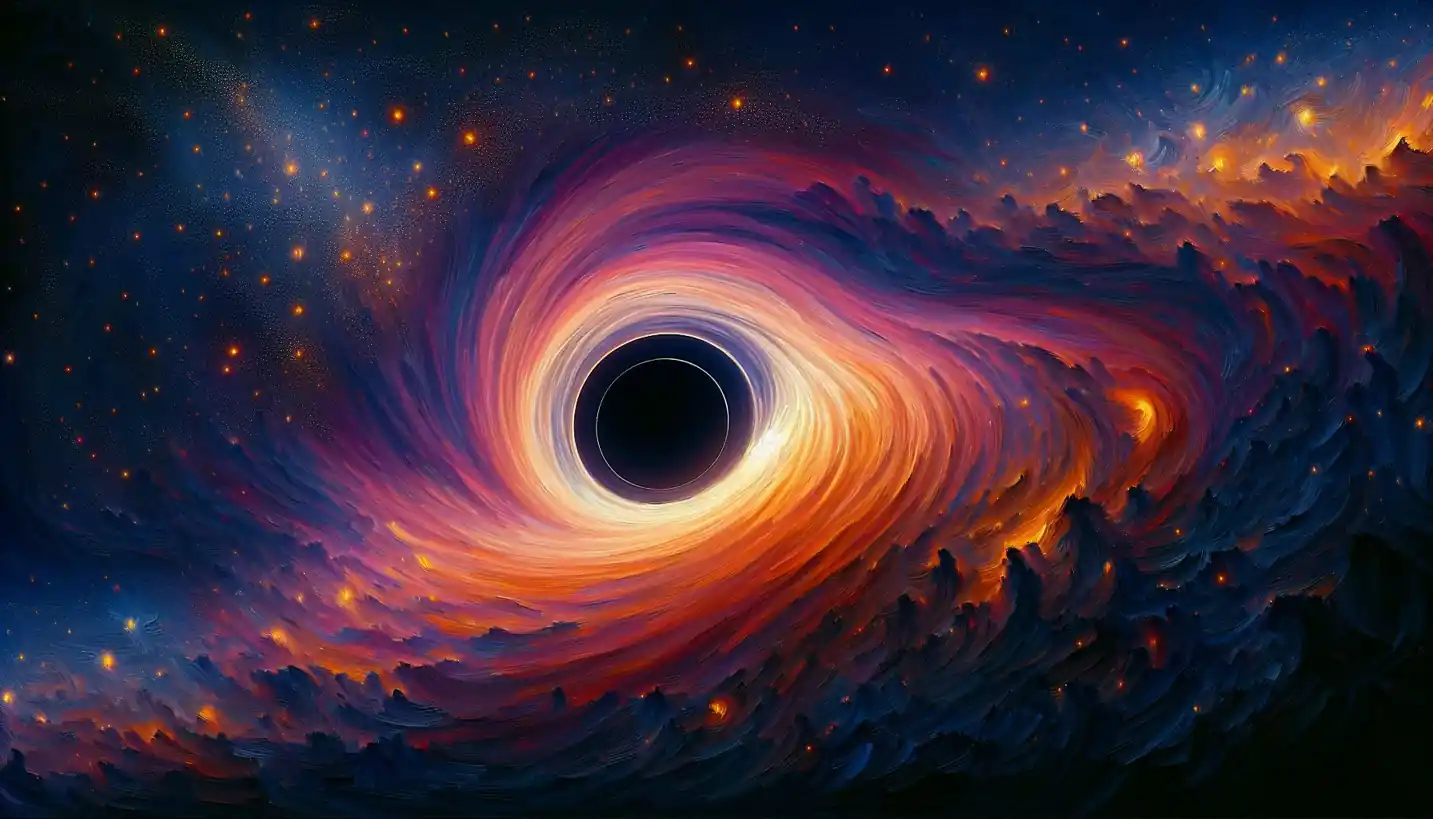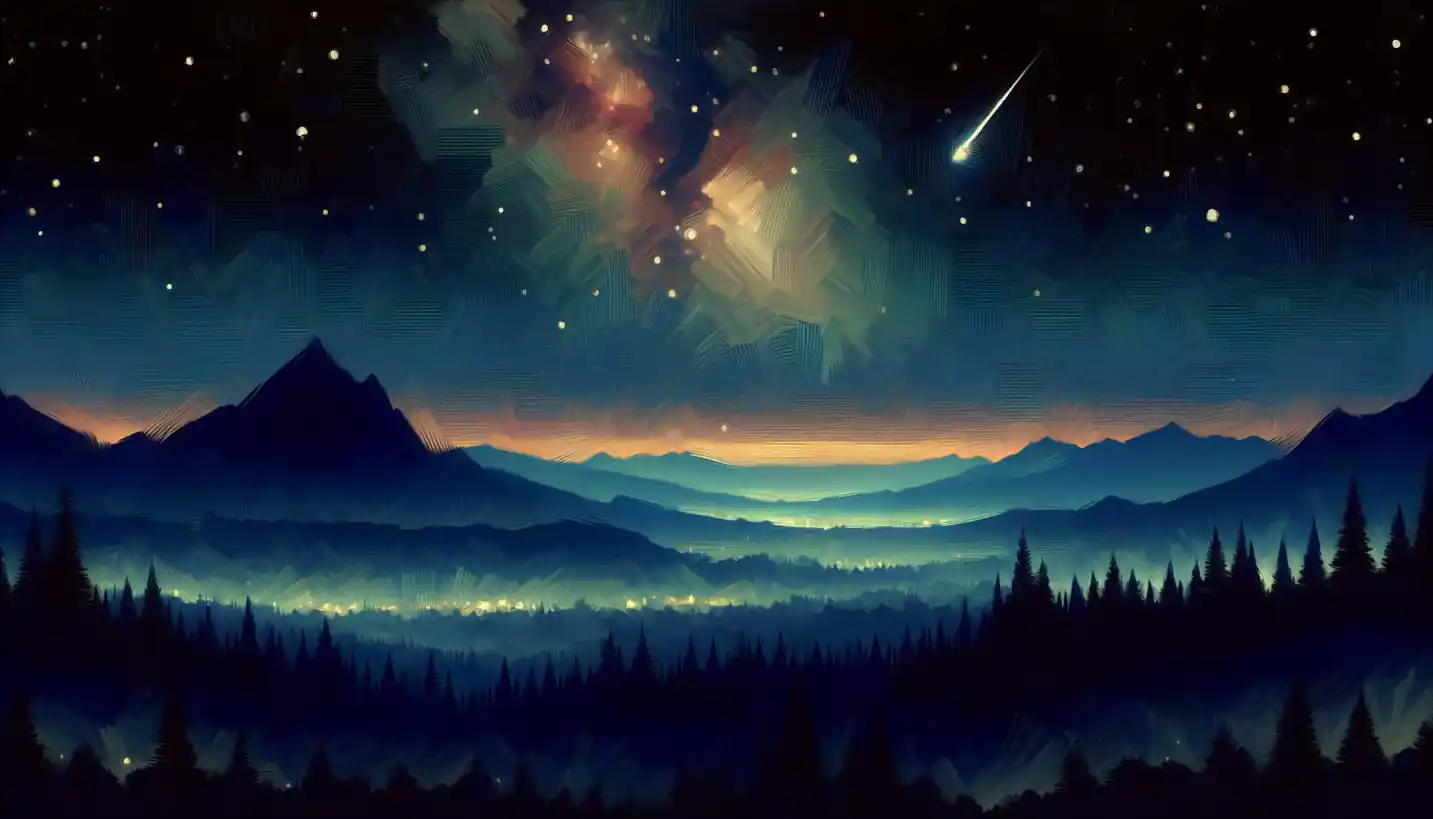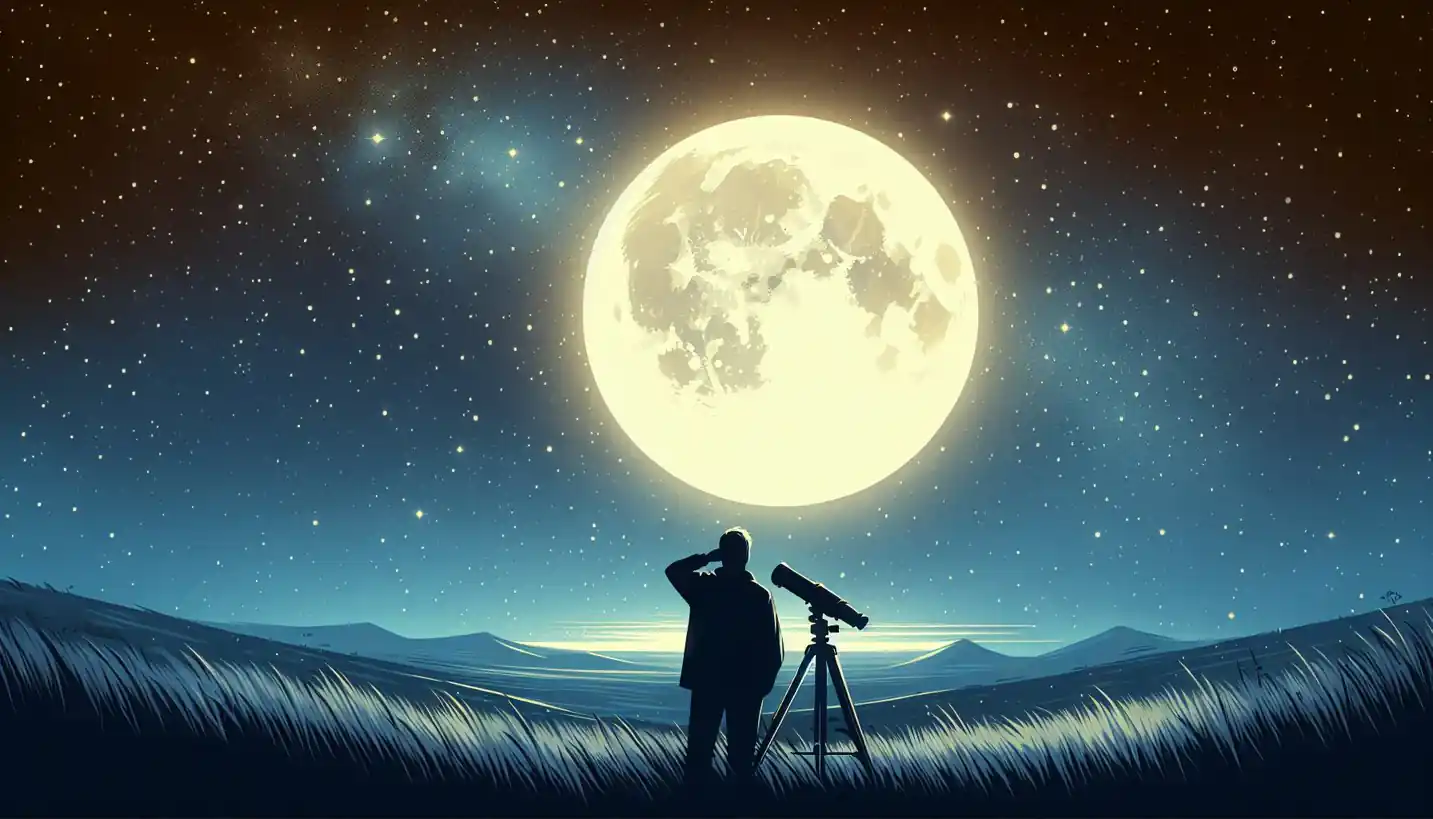· Astronomy · 5 min read
Multiverse: Exploring the Cosmic Mystery
The multiverse theory explores a cosmic mystery of infinite possibilities. Could our universe be just one of countless others in a grander scheme?

Alright, let’s dive into this. You’re probably familiar with the universe, the vast expanse of stars, galaxies, and cosmic wonders. But what if I told you there might be more than just one universe? That’s where the fascinating idea of the “multiverse” comes in—a concept that’s turning heads in cosmology and astronomy.
Think for a moment about your favorite book or movie. It takes you to a world with its own rules, characters, and stories. Now imagine there are countless versions of that story, each with a slight twist, all existing at the same time. This is a bit like how scientists think of the multiverse—a series of universes that might have different realities, much like a library filled with unique volumes.
The Science Behind the Multiverse
Now, you might wonder, “Why do scientists even think there could be more than one universe?” Well, this idea isn’t just pulled out of thin air. It springs from different theories in physics and cosmology that hint at the possibility.
Quantum Mechanics and Parallel Worlds
Quantum mechanics is like the rebellious kid in the world of physics. It doesn’t play by the usual rules. One of its wild suggestions is that particles can exist in multiple states at once, a bit like Schrödinger’s famous cat, which is both alive and dead. This has led some scientists to suggest that maybe, just maybe, every time a quantum event occurs, the universe splits. Each outcome leads to a new, parallel universe.
Cosmic Inflation: The Big Bang’s Cosmic Expansion
Another intriguing idea comes from cosmic inflation—a theory about the rapid expansion of the universe just after the Big Bang. This theory helps explain why distant parts of the universe look similar and how galaxies formed. But it also opens up the possibility that this inflation didn’t just happen once. Instead, it could happen repeatedly, creating an infinite number of bubble universes, each with its own laws of physics.
The Many Worlds of Theory
This is often called the “Many Worlds Interpretation” and is like choosing your own adventure book. Every decision leads you down a path, but in the multiverse, every possible decision branches off into a new, separate existence.
Imagine flipping a coin. In one world, it lands heads; in another, tails. Take this idea to every choice, every chance event, and you get the picture—each choice creates a new reality.
Implications of the Multiverse
Thinking about the multiverse makes our brains hurt a little, doesn’t it? But beyond the initial head-scratching, this concept has profound implications.
Our Place in the Cosmos
First, it challenges our notion of uniqueness. If there are countless universes, are there versions of us living different lives? Or completely different beings with no relation to us at all? It’s a humbling thought that shifts our perspective on identity and existence.
The Fundamental Laws
Then there’s the question of nature’s laws. If different universes have their own rules, what does that say about the universality of physics? We might be in a universe perfectly suited for life as we know it, while others might be radically different.
Evidence and Skepticism
Now, let’s get down to brass tacks. Do we have any evidence for this dizzying concept? Unfortunately, the multiverse remains a theory—a tantalizing one, but still unproven.
The biggest challenge is that, by definition, these universes exist outside of our own and are thus pretty much impossible to observe directly. Imagine knowing there’s a party happening behind a locked door, but you can’t peek inside or hear the music. That’s sort of where scientists are with the multiverse.
Theoretical Support
Some theoretical models from string theory and other branches of physics provide a framework for the multiverse. In these frameworks, the universe isn’t limited to the observable but extends into unimaginable realms.
The Critics’ Viewpoint
Yet, not everyone is on board. Imagine your skeptical friend who’s always raising an eyebrow at UFO sightings. Many scientists argue that without observable evidence, the multiverse is more of a philosophical whimsy than a scientific theory. It might be entertaining to ponder, but hard to prove or disprove.
The Quest for Answers
So where does that leave us? Well, the multiverse might not be something we can confirm just yet, but it sure is a catalyst for imagination and inquiry.
Future Research Directions
Scientists are pushing boundaries with advanced telescopes and experiments to gather more clues. Some even look to cosmic background radiation—the afterglow of the Big Bang—for hints. They’re like cosmic detectives piecing together a mystery.
Sparking Curiosity
While we might not have all the answers now, contemplating the multiverse opens doors to endless questions. Could understanding these other universes unlock secrets about our own? What does this mean for science and philosophy?
The Multiverse’s Place in Popular Culture
Beyond the labs and telescopes, the multiverse has captured popular imagination. From sci-fi movies to books, it’s a concept that resonates because it reflects our love for stories with infinite possibilities.
Why We Love It
Maybe it’s because deep down, we’re curious creatures. We love adventure and exploring the unknown—not just on planet Earth, but in the vast cosmos.
Conclusion: Embracing the Mystery
So, what’s the final word? The multiverse remains one of the most intriguing and mind-bending ideas in cosmology and astronomy. It inspires us to think bigger, to imagine not just what we see, but what we can’t. We might not have nailed down proof, but the journey to understanding it could transform our view of reality forever.
Next time you gaze up at the stars, just think—there might be countless universes out there, each with their own stars, stories, and perhaps, their own you. Isn’t that a mind-bogglingly delightful thought?


